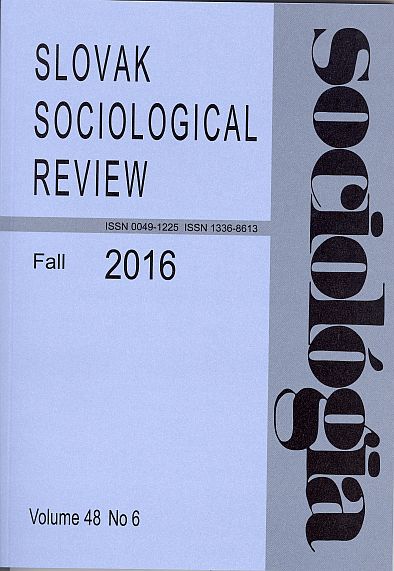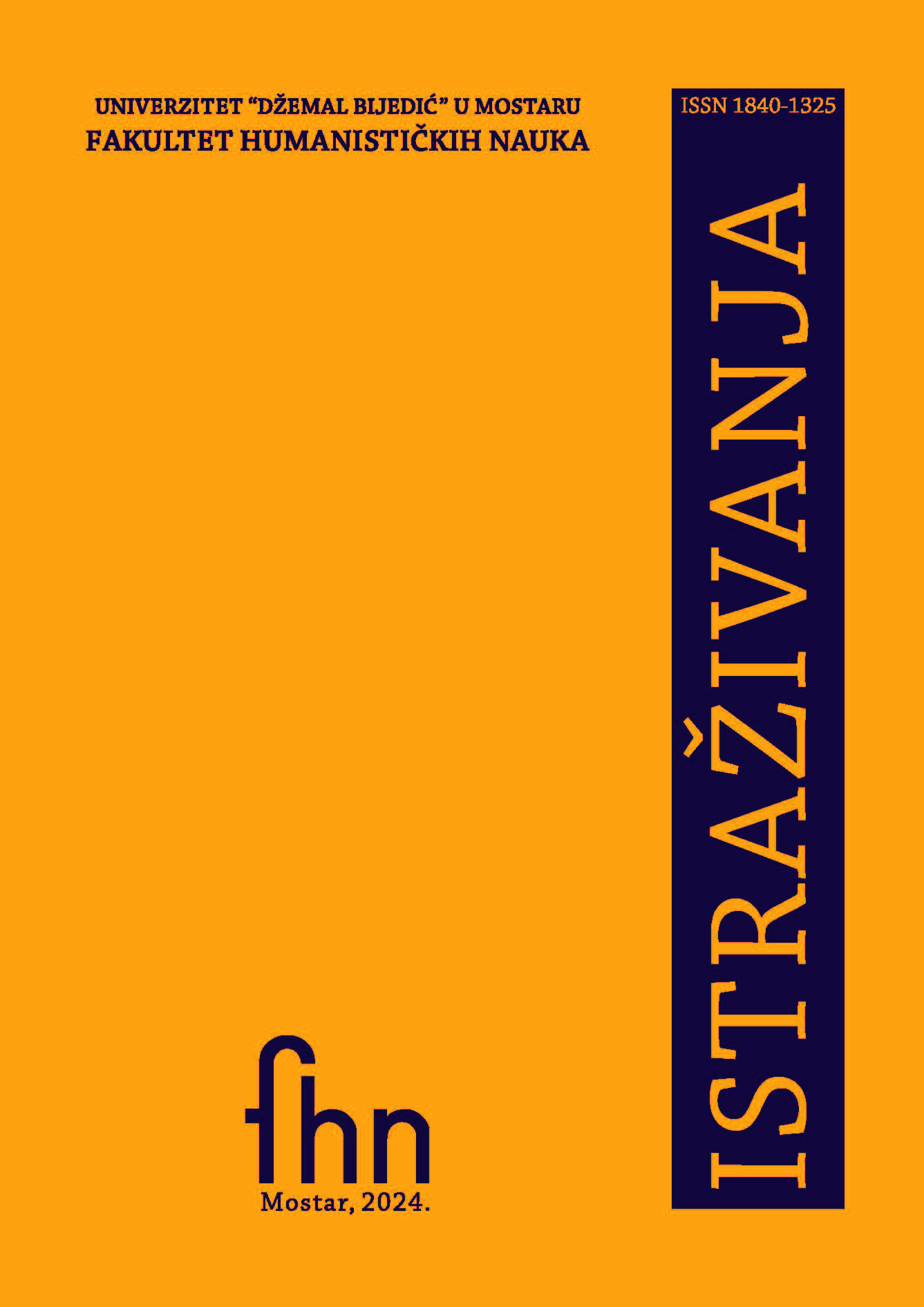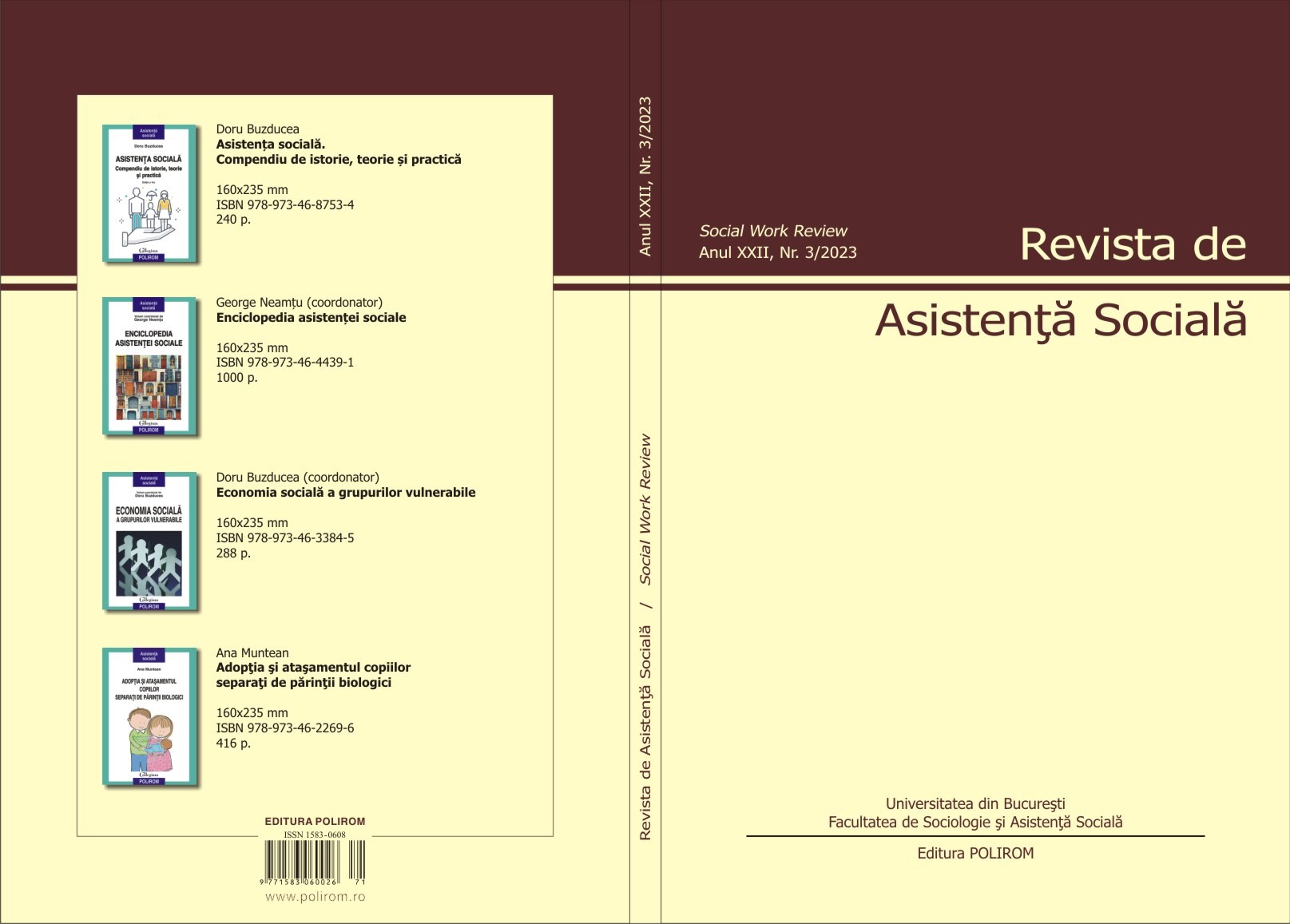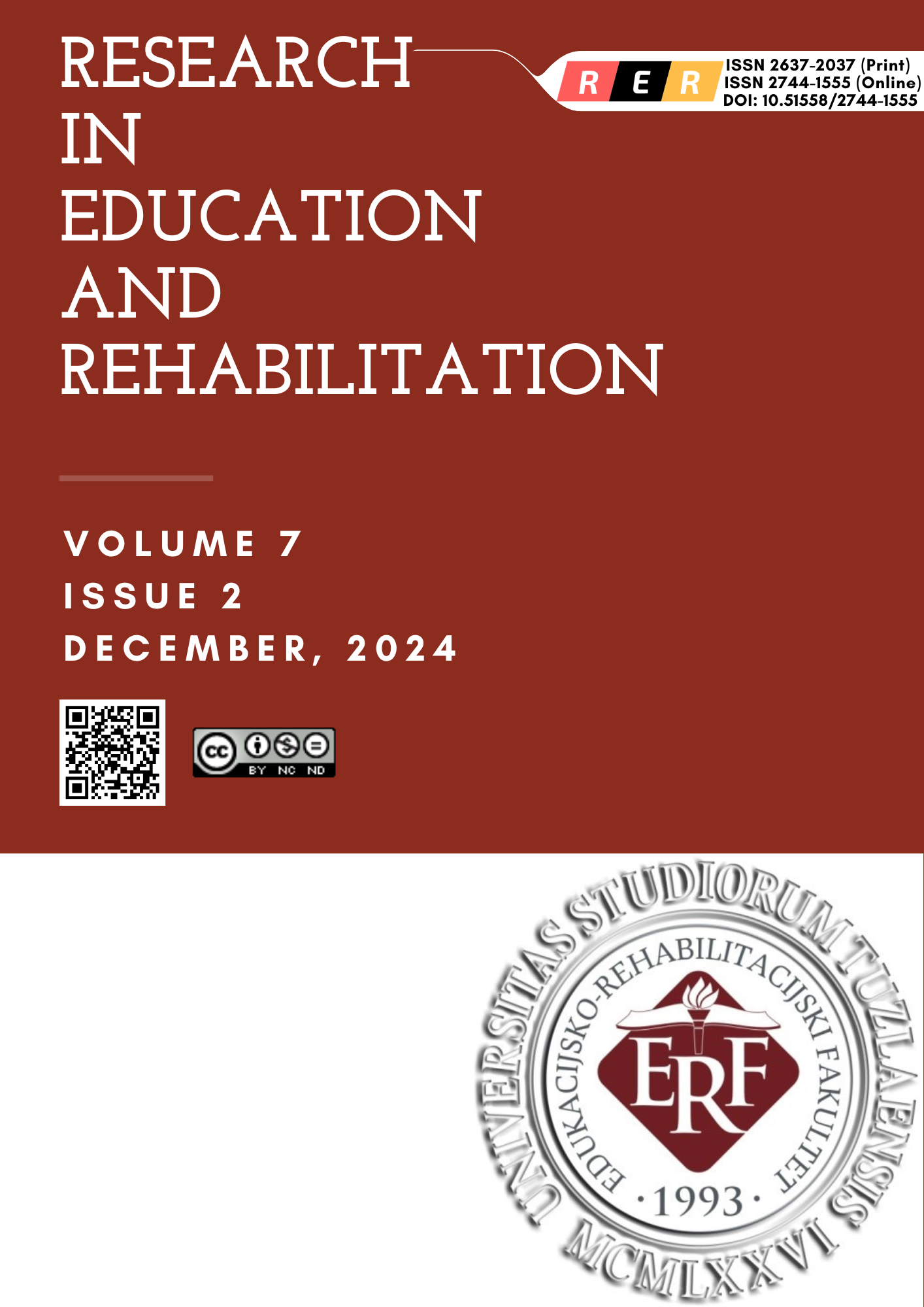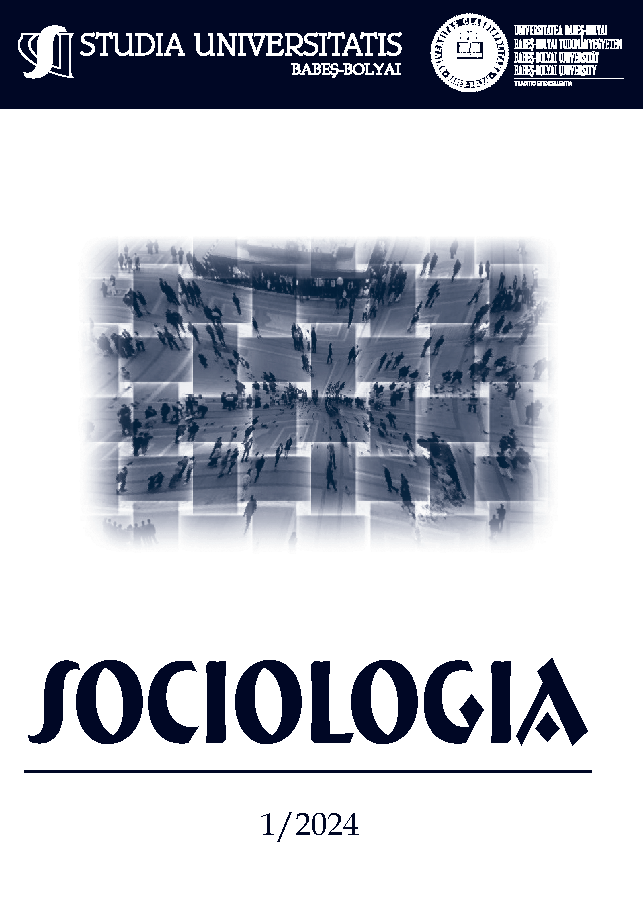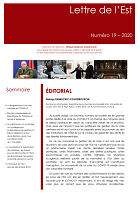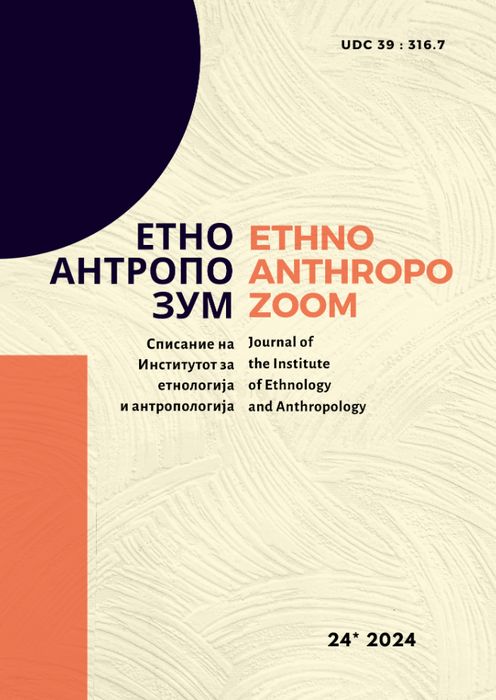Author(s): / Language(s): English
Issue: 4/2023
The main topic of the 4th Issue of the Social Work Review in 2023 is quality of social services related to the quality of work life of the staff who provides direct social services and to the quality of life of the social work clients. First of all, one may think about the quality of the social services, focused on quality management, quality assurance in social services, dimensions of social services quality like: accessibility, communication, responsiveness, competence, security, humaneness or performance in public or private social welfare and social work organizations. Quality is also frequently addressed through the use of standards which need to be identified and operationalized by social services providers from the public and private sector. Then, one may think about the quality of work life in terms of job satisfaction or job dissatisfaction, compassion satisfaction and fatigue in social work, professional supervision in social work, staff well-being and work-life balance. Last, one may think about the outcomes for the beneficiaries, meaning changes in their knowledge, feelings, behavior, attitude, environment and social status and about the degree to which the social services provided by these institutions and organizations impact the quality of life and well-being of the individuals, families, groups or communities they serve. The outcomes could be related to improved living conditions, social inclusion, mental and physical health or other indicators of the objective or subjective quality of life.The authors approached the current issues from the all three perspectives. From the perspective of the quality of social services, the contributors point out that the advocacy is a mandatory practice of social workers in order to deliver quality services. There are some proposals of program evaluation in terms of the services delivered for children that have chronic illnesses and their belongings by a nonprofit organization (Yuppi) and in terms of services for facilitating the integration of children in their new families in the period of entrustment/ family placement and post-adoption, delivered by public institutions (the General Directorates of Social Work and Child Protection – D.G.A.S.P.C.) and private providers (NGOs).Sebastian Claudiu Ştefani, in ‘The Role of Advocacy in Social Work Practice’, aimed at establishing the meaning and practice of advocacy in the social work field. This was highlighted in correspondence to the historical definitions of the social work approach (thus, the author examined the radical social work movement, the Service User Movement, The Disability Rights Movement, The Self-Advocacy Movement, the Independent Living Movement from the perspective of finding the origins of the advocacy in the social work field). Today, the advocacy is a core mission of the social work. The conclusion is that, within the social work practice, advocacy means fighting against social injustice and inequity, changing society and actors, structuring the professional practice, influencing public policy making, empowering the vulnerable groups. At the end, the author emphasizes several faces of advocacy within the context of the Romanian social work practice and legislation.Alexandra-Ioana Talpă, in ‘Evaluation of the Therapeutic Camp Program for Chronically Ill Children Offered by Yuppi Camp Movement Association Romania’, offers a program evaluation example in case of the Yuppi, an NGO that provides services for children with chronic illnesses and for their belongings, using the experiential therapy (also known as therapeutic recreation). While attending these camps, the participants (both children and parents or other siblings) experience the identity development, the increase of the self-awareness, of acceptance or of the knowledge of dealing with certain disease. While delivering these services, the workers (regardless they are employees or volunteers) develop their skills related to social work practice or the day-by-day life. The program could improve its quality by using the input given by the participants through the feedback forms that should be changed in order to achieve this purpose. The study delivers an interesting insight on the quality of a social work service using a longitudinal analysis in program evaluation.‘The perspective of adopters and practitioners on pre- and post-adoption services in Romania’, by Sergiu-Lucian Raiu, Anca Bejenaru and Mihai-Bogdan Iovu, offers an insight on the quality of the social work services provided by a public institution (The General Directorate of Social Work and Child Protection – DGASPC) and some private organizations (NGOs) regarding a smoother integration of the children in their new families, during the period of entrustment for adoption and post-adoption. Using a qualitative design of their research, the authors inquire the quality and the perception on the customer satisfaction of this kind of services. They also underline the necessity of more specialized services, such as parenting and personal development courses for adopters, psychotherapy services and support groups, as it was pointed by the specialists from this field. There is a strong need for establishing a database with informational resources, as well. This study could serve as an excellent base for public policy change in the field of adoption.From the perspective of the quality of work life of the staff activating in social services, the contributors offer deep insights over the satisfaction towards the profession and over the quality of life of the social workers and other social services workers, then over the resilience of the professionals working in the public child protection system. There are several strategies to improve the skills and competencies for better professionals in the social work field, so that they could correspond to the requests of the new world marked by digitalization and the fourth industrial revolution: coaching and peer supervision, while raising four meta-competencies: design thinking, self-discipline, autonomy and entrepreneurship.In ‘Lifestyle Profile and Professional Satisfaction of Social Services Workers’, Ionela-Andreea Stoicov aims at designing the lifestyle profile of the Romanian social workers, as well as identifying the level of their professional satisfaction, inquiring whether the two of them are somehow related. Using a methodology specific to the quantitative research, the author found that the Romanian social workers have a moderate to high healthy lifestyle. More, the healthier the lifestyle is (especially in terms of spiritual development and stress management), there are higher levels of job satisfaction. Both lifestyle and job satisfaction are influenced by the type of the social services that the social workers provide, and the correlation between lifestyle and job satisfaction is more powerful in case of the workers in the private sector than the ones in the public one.In ‘The professionals’ resilience on the social work system’, Mihaela Tomiţă, Roxana Ungureanu and Monica Truşcă analyze the resilience of the professionals working in the child protection field in the Timiş General Directorate of Social Work and Child Protection. They discussed the concept of individual resilience versus organizational resilience versus iresilience of these professionals, using data collected during a qualitative study. Starting with the main difficulties encountered in carrying out the professional activity, underlining the adaptation of professionals to new working conditions and the protective factors for professionals in the system, the study ends with identifying the training needs for these professionals.Florina Paşcu, in ‘How to develop skills for the future in the social work field’, proposes a model of developing appropriate skills and competencies for future social workers, suitable to the nowadays world that is marked by digitalization and the Fourth Industrial Revolution. This model involves the acquirement of four essential meta-competencies (apud Mircea Miclea): design thinking, self-discipline, autonomy and entrepreneurship. More, the author states that coaching and peer supervision, if adapted correspondently to the social work practice, could make the difference in the current socio-economic context, as frames within which the professionals from the social work field could reskill themselves.From the perspective of the outcomes for the beneficiaries of the social welfare and social work system, there is an analysis on the social role and status of beneficiaries of the illness pension and another analysis on the resilience of a certain category of beneficiaries of social services (residential child care services).The theoretical approach of Carmen Marcela Ciornei in ‘Invalidity – social status and role’ reveals the social status and role of those that benefit from the illness pension. Although they benefit from funds from the social welfare system, they don’t benefit from social work services that could improve the quality of their lives, as they don’t exist. There is a scarcity of services dedicated to the recovery and social rehabilitation of the beneficiaries of the illness pension and their relatives in the Romanian system of social work.‘Residential care perceived as a development opportunity for children and young people at risk’ by Ovidiu Bunea and Niculina Karacsony reveal the resilience mechanisms of the beneficiaries of the residential care system; the authors wanted to find out how some children that spent several years in the residential care system managed to have outstanding results, despite the context was not in their favor. The success recipe consists of the mixture between the individual ability to perceive the opportunities in the environment and the environment that provides such opportunities. The authors used a qualitative research design to investigate resilience from the ecological and processual perspective. The results could be extrapolated to interventions related to the education or the prevention of the juvenile delinquency.Last, Georgiana-Cristina Rentea made a review of the book ‘Social Work Education in Europe: Traditions and Transformations’, edited by Marion Laging and Nino Žganec, Springer Cham, in 2021. The book offers insights on social work education and practice in ten European countries, before the COVID-19 pandemic. The education in the social work field is mainly done at the university level – bachelor’s degree in social work, master’s degree in social work and doctoral degree in social (mainly as Ph.D.) – in all the ten countries. Instead, we can’t talk about a ‘standard model of social work’ in Europe. However, one may notice the internationalization of the social work field: social work schools and professionals adhere to international bodies and networks. Another common process is the decentralization of social work services from the national to the local level, interdisciplinary teams playing a defining role.To conclude with, quality should be the final goal of any social work service and practice, in the context of the total quality management as a medium for effectiveness. The quality of work life of the professionals is perceived as an ontological requirement for the quality of the social services, both of them being reflected on the improvement of the quality of life and of the condition of the beneficiaries. We strongly believe that this issue of the Social Work Review offers multi-level perspectives on the topic, creating a solid ground for decision makers when it comes for actions of raising the quality of the social services, completed by both policy makers and practitioners.
More...
